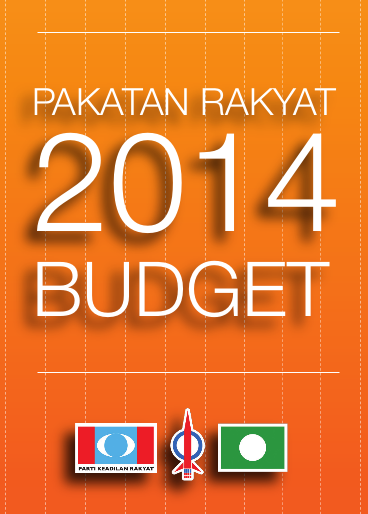Prevention of Crime (Amendment and Extension) Bill against ICCPR
After its maiden Universal Periodic Review on February 11, 2009, Malaysia will be reviewed by the United Nations Human Rights Council again on October 24, 2013. A national report was prepared and submitted to Human Rights Council on August 8 this year to report the current human rights situation on the ground.
In the report, Malaysian government tried to claim credit for putting preventive detention to an end.
It is written in the report that: -
“2. Legislative developments related to civil and political rights
89. Following Malaysia’s first UPR in 2009, the Government recognised that the development of civil and political rights in the country should keep pace with the significant progress made in economic, social and cultural rights. Since then, the Government has taken significant measures aimed at further enhancing the exercise and enjoyment of civil and political rights in the country including: (i) annulment of 3 Emergency Proclamations[i]; (ii) repealing the Internal Security Act (ISA) 1960 [Act 82]; (iii) repealing the Banishment Act 1959 [Act 79]; and (iv) repealing the Restricted Residence Act 1933 [Act 377].
91. Amongst the more drastic measures taken by the Government that underscores its serious efforts and commitment to protect human rights in Malaysia is the repeal of the much criticised ISA. The ISA, which was enacted as a preventive law for curbing acts such as subversion and action prejudicial to public order was repealed with effect from July 2012.
92. The Security Offences (Special Measures) Act 2012 (SOSMA) [Act 747] on the other hand was enacted as a procedural law to deal with the investigation of security offences. SOSMA must be read together with the Penal Code as section 3 of SOSMA, defines ‘security offences’ as offences under Chapter VI (offences against the State) and Chapter VIA (offences relating to terrorism) of the Penal Code.
93. With the repeal of ISA, the practice of preventive detention was effectively ended. The discretionary power of the Home Minister to detain a person without court order had been removed. SOSMA also guarantees necessary safeguards to a detainee consistent with international human rights norms and standards such as right to counsel and notification to family members.
However, by tabling Prevention of Crime (Amendment and Extension) Bill (PCA) at Parliament yesterday, our Government now intend to establish a Prevention of Crime Board which has the power to issue a detention order without trial for two years at a time, and such order can be renewed for a further period not exceeding two years at a time.
After the 1st review in 2009, one of the 62 recommendations accepted outright by our government is it will continue to undertake the appropriate steps in view of considering the ratification of the international human rights instruments, one of which is the International Covenant on Civil and Political Rights (ICCPR).
Article 9 of ICCPR recognizes the rights to liberty and security of the person. It prohibits arbitrary arrest and detention, requires any deprivation of liberty to be according to law, and obliges parties to allow those deprived of their liberty to challenge their imprisonment through the courts.
Articles 9.3 and 9.4 of ICCPR impose procedural safeguards around arrest, requiring anyone arrested to be brought promptly before a judge. It also restricts the use of pre-trial detention, requiring it to be imposed only in exceptional circumstances and for as short a period of time as possible.
By re-introducing detention without trial under PCA, Malaysia has breached its commitment to UN Human Rights Council to uphold human rights according to the international standard. If there is evidence that anyone is a threat to the national security, charge him/her in court under Security Offences (Special Measures) Act 2012. We do not need PCA which is subject to abuse.
[i] The three annulled proclamations of emergency are: (i) Proclamation of Emergency 1966 [P.U. (A) 339A/1966]; (ii) The Proclamation of Emergency 1969 [P.U. (A) 145/1969]; and (iii) The Proclamation of Emergency 1977 [P.U. (A) 358/1977]
